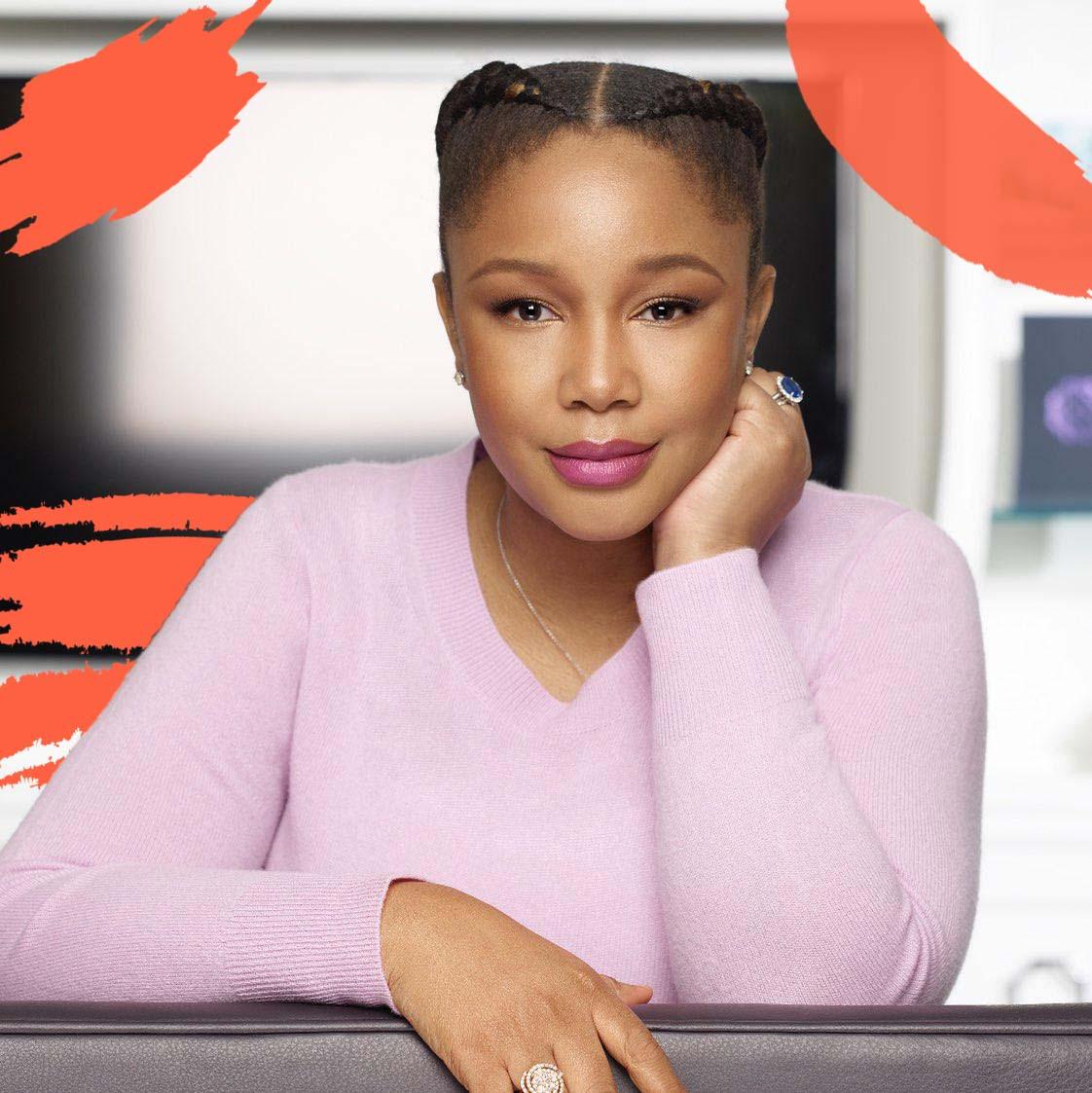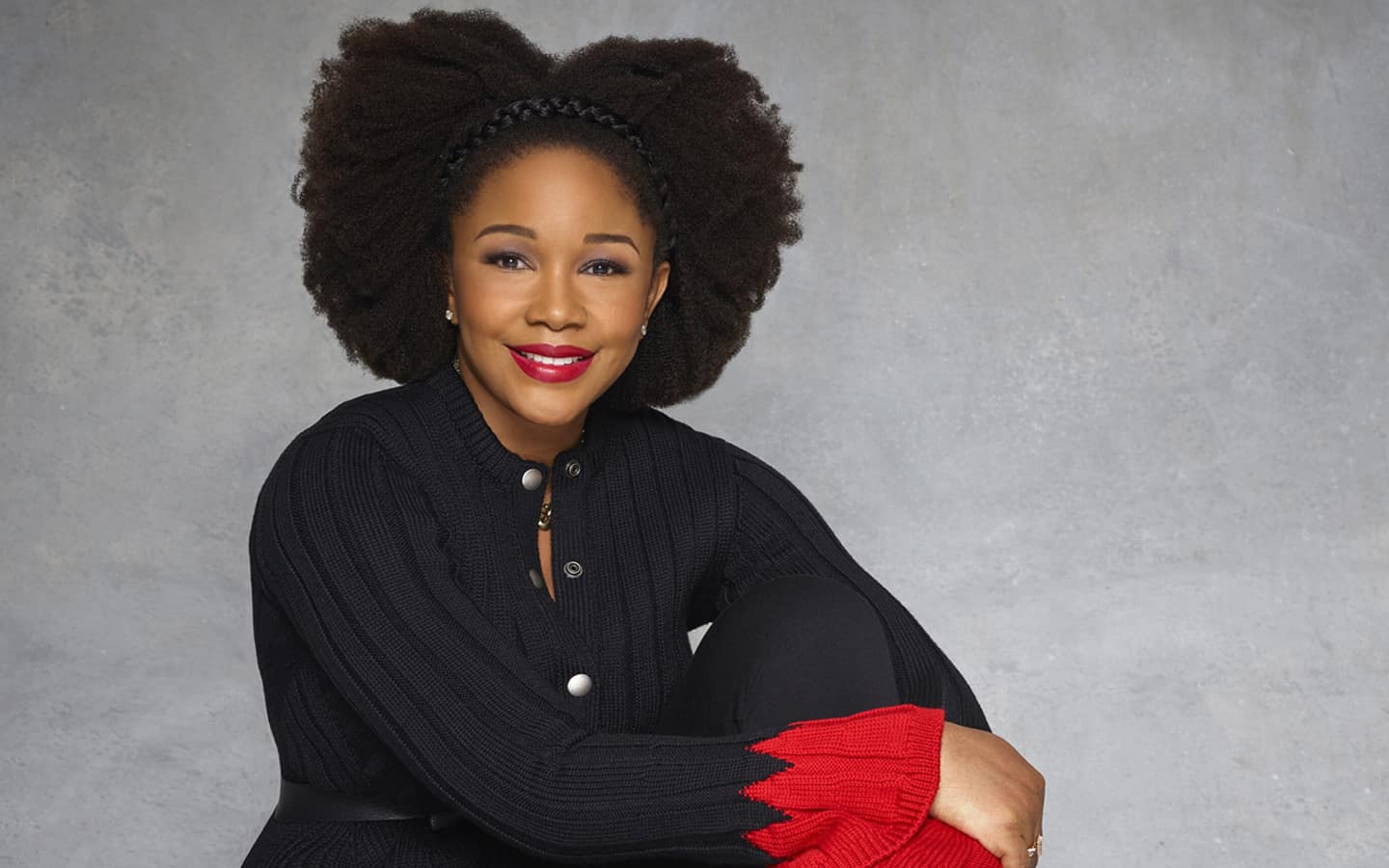>
Health & Fitness
image-credit
hello
You may be familiar with skincare. . . but are you familiar with skincare for people of colour(POC)? There is in fact, a difference between skincare for all the different skin types and Dr Dele-Michael tells us just how important it is and why it is a bigger deal than we might think. If you’re looking to find the best regimen for skin of colour or simply know what myths you might have believed, read on and learn!
Dr Adebola Dele-Michael is a black, board-certified dermatologist with her own practice called Radiant Skin Dermatology based in New York. She is also an assistant clinical professor at the Icahn School of Medicine.
After working for years with The Dermatology in Riverdale, New Jersey, Dr Dele-Michael decided to start her own practice in predominantly black and brown communities.
“For me, it is a thing of pride because I’m not only serving the whole New York City area, I’m also serving a community that sometimes gets forgotten and that’s one thing I’ve been really, really excited about”
Born in the United States to Nigerian parents, both of Dr Dele-Michael’s parents were in the medical field and exposed her to the medical community while growing up. She tells us,
“I loved the white coat, stethoscope and helping people. I really liked the idea of being a physician from a very young age and I was encouraged by my parents and my teachers to study and become a physician”

She completed her high school education In Nigeria and returned to the US afterwards for medical school. Discovering dermatology, she found that it was a perfect mix of medical procedures and personal rapport with patients for her.
As a woman of colour, the lack of diversity in her field meant there were very few people that she could look up to as mentors. She also discovered very quickly that medical school does not prepare people for starting their own practice. On this she says,
“I don’t have a business background, I am the first physician in my family and I had to learn how to start my own practice. They say if you can make it in New York, you can make it anywhere and it was very daunting to be able to start my practice here. . .luckily, I was able to learn very quickly with the support of my family and friends and build my practice to where it is today”
“The field of dermatology is one of the least diverse in the United States. One major challenge I faced was not having many mentors that looked like me along the way, which made it more difficult to gain access behind the scenes or to shadow other dermatologists. That's why it's been an honour to mentor aspiring doctors to close the gap and help create an inclusive environment for all skin types.
When it comes to people of colour and their skin, the biggest gap is the knowledge gap. She says,
“It turns out that dermatology and the way it’s being taught today is being taught through the lens of white culture and white patients. So a lot of times the medical conditions you find in textbooks are described from the point of view of a caucasian or someone that is not brown or black. You now have a gap between what is described in a textbook and what you see clinically with a black or brown person in front of you. There’s also a cultural aspect to it, so the hair texture is clearly different in black or brown people and if they’re [the dermatologists] are not aware of that cultural gap they can come up with treatment plans that won’t be effective.”
This gap goes both ways on the professional side and the consumer side. A lot of skin, hair and nail care products aren’t marketed to black and brown people and although things are starting to change, many people still don’t know that dermatologists take care of skin concerns and diagnoses skin, hair, and nail concerns. On this gap, she tells us,
“One of the things I’ve been working on for a long time is closing the knowledge gap and also creating more equity and marketable healthcare. I’m a clinical professor of dermatology and one of the things that I do is make sure I’m teaching a future generation how to be culturally sensitive and also how to see things from the lens of people of colour which is still missing in this age”
Many people don’t realize there is a difference between the skin of coloured people and caucasian people or other skin types. This difference isn’t to be taken lightly and makes a huge impact on your skin and hair. She explains this:
“The main difference between a darker skin individual and someone who is not is the ability and the efficiency to make pigment with exposure to the sun. Darker individuals do it more efficiently. We also produce a lot of pigment anytime there’s any inflammation or irritation of the skin like an acne scar, a cut or a bruise. There are other consequences of that, for instance; vitamin D is produced in the skin and this is hampered by melanin in the skin so for a darker skin person to produce the same amount of vitamin D that a caucasian person produces, they’d have to be exposed to the sun longer.”
Did you know?
Darker skin people may be more prone to vitamin D deficiency which causes issues like bone thinning, poor immune system function, hair loss, and a range of other problems.
The most common problems people find in their skin are acne, scars, eczema, and hair loss. Hair loss in women of colour is also a problem that can be caused by distressing hairstyles such as tight braiding and relaxing of the hair. Learning all this, the Dr also shared with Aura the biggest myths she sees in skincare for POC and the best regimen to follow for glowing, healthy skin!
Top POC skincare myths
Use black soap
The skin tends to perform best when it’s in an acidic state and black soap is alkaline in nature. Using black soap to cleanse the skin neutralizes the acid in the skin which dries it out. It takes time for the body to respond to these things so, over time, you develop worse acne but most times people don’t correlate black soap with acne. Unlike popular belief says, it actually worsens the situation.
Don’t wash your hair often
Many times, POC think that they do not need to wash their hair often or as frequently as once a week. You should wash your hair and scalp because the buildup of products and organisms on the hair can cause irritation and hair loss. A healthy, clean scalp will allow the hair to grow.
Lighter skin is more beautiful
Bleaching creams are popular in a lot of places because of this myth but all complexions are equally beautiful.
This myth started during colonial times when lighter-skinned people were treated better by colonialists. Educate your mind and realize that you are beautiful the way you are and others are too. Black is beautiful!

Finding the best way to care for your skin might be challenging when the internet has so much advice to give. Unfortunately, a lot of this advice can be dangerous and may have ulterior motives (such as simply trying to sell their products) that will damage your skin.
For the best way to cater to your skin, you should reach out to a properly trained dermatologist. Luckily, there are a few dermatologists on social media that provide free and informative content that can help people. On seeing other professionals such as estheticians and cosmetologists, Dr Dele-Michael says,
“You can see estheticians and facialists but just know their role. Their role is not to diagnose and treat, it is to provide certain services. There are certain services that they’re very well trained to do but in terms of identifying and diagnosing a [skin] concern, you need to see a dermatologist. It is not their job to provide scientific and medical information. Be careful where you’re getting your information, diagnosis and treatment from. Social media has the power to make misinformation viral, be careful!”
Despite the different skin types people of colour may have, there are some guidelines that work for everyone:
- Use a gentle cleanser to wash your face
- Use a good moisturizer
- Include serums in your regimen
- Don’t do hairstyles that will damage your hair and traumatize your scalp
- Wash your hair once a week (even if you have styles like braids, you can still find ways to clean your scalp)
- Reduce stress. Stress will make any issues you have worse
- If your skin doesn’t respond despite all your best efforts, visit a dermatologist!
If you are in an area where a dermatologist is not available, you can visit your regular doctor who may be able to identify what the concern is and treat it.
No matter what skin or hair issue you may be going through, Dr Dele-Michael gives us advice on the best way to go about treating your particular concerns:
“The first step is to find a doctor that you trust and can connect to. The next step is to come up with a regimen with your doctor and express any reservations you might have with the regimen. A lot of times, people don’t tell their doctors their reservations. For instance, if you don’t like taking pills and your doctor is giving you a regimen primarily of pills, you’re not going to get better. If you have any side effects or questions, ask your doctor! You should also realize that there’s hope, you can get better! No matter how little or severe, it really boils down to finding the right doctor that can guide you as you are going through treatment”
Healthy skin is happy skin. Do yourself a favour and keep all these guidelines in mind for skin of colour. Whether you are a person of colour or not, being educated only helps to aid the growth and wellbeing of everybody! If you have any skincare concerns or questions, make sure to do your research first and visit a certified dermatologist!